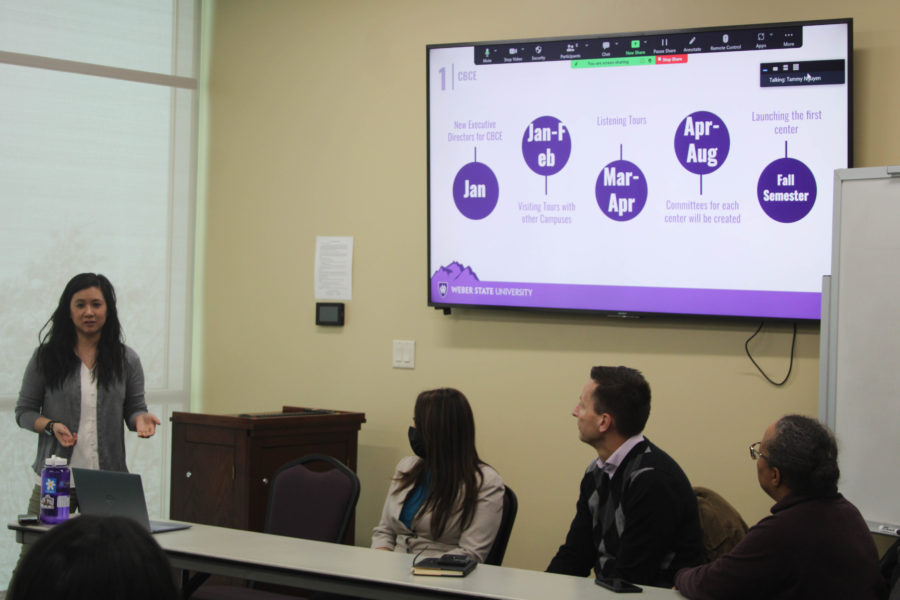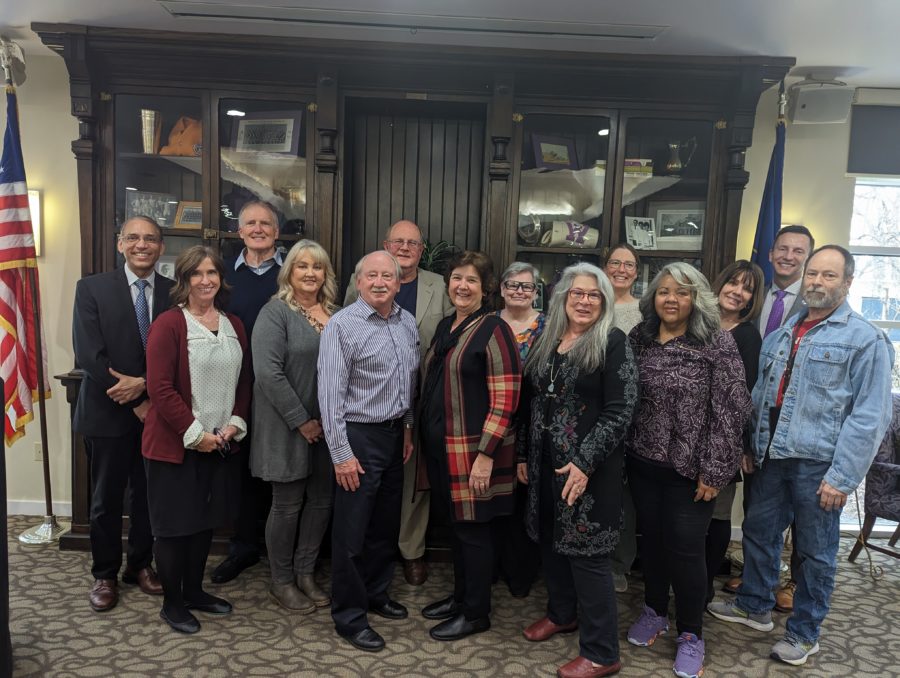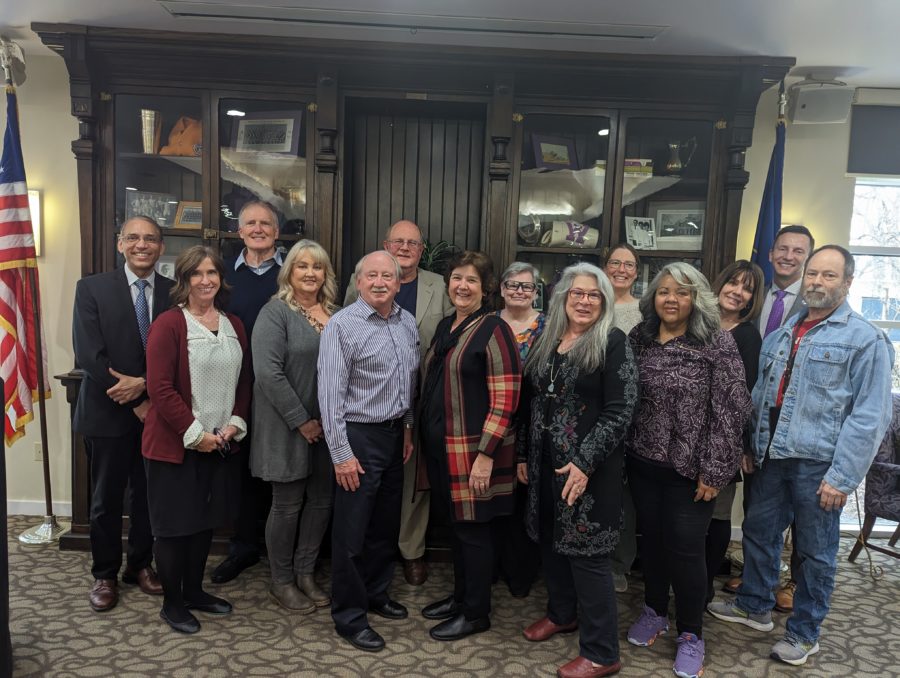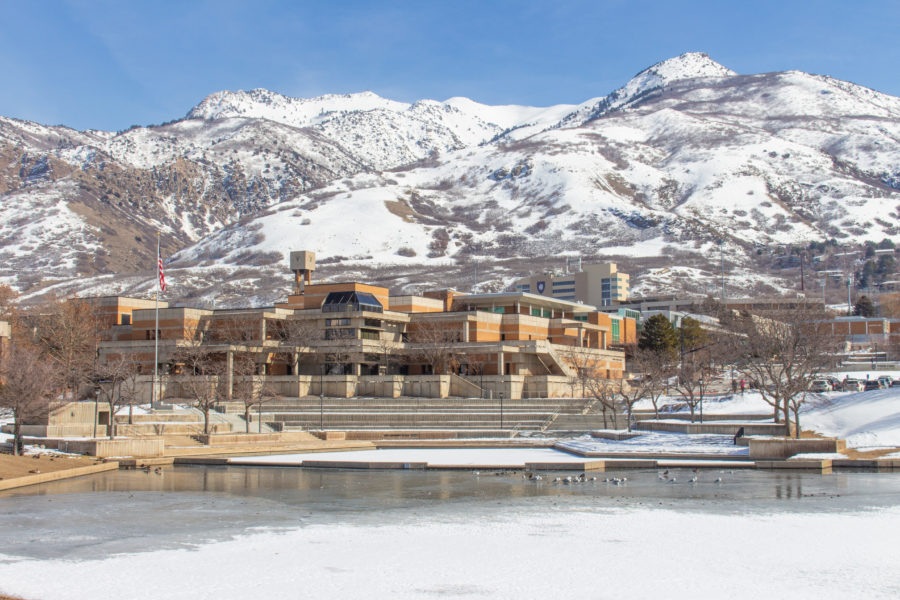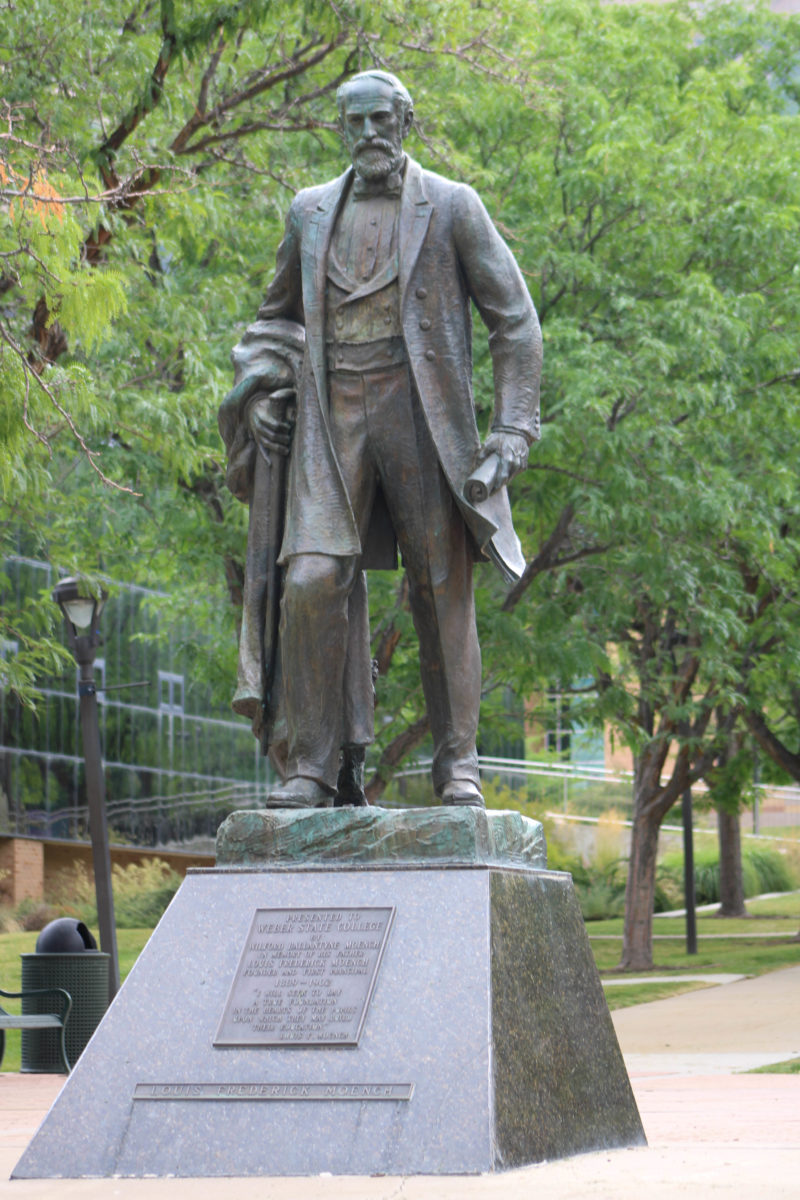In the digital age, information about politics comes from so many outlets that it is practically impossible to avoid. This bombardment, along with the heated, polarized and divisive nature of American politics, leads to frustration for many students and other young people. For many, it may seem like the best idea is to ignore these issues when that is possible. But should those of the younger generation just tune out of the game? Why should they be involved, and where do they start?
Perhaps the desire to refrain from being involved in the political world comes from being unaware of the important issues that can personally impact lives dramatically. Jacob Ericksen is a college student who sees the relevance of being involved in politics. He sums up some of his thoughts this way: “Politics is very important to me in the sense that public policy is meant to encourage thoughtful solutions to social anomies, problems and much-needed protections, and hopefully the implementation of those thoughtful solutions.”
Ericksen has a sense that in our political system, younger people may feel like they’re represented incorrectly, feel a sense of being conflicted or perhaps not represented at all. He sees huge topics such as the economy or foreign policy thrown out there, but other issues are being avoided. “How can a young voter vote someone into office if the issues that are important to young voters aren’t being discussed, or aren’t being given the respect or gravity they deserve?” he says. Ericksen also sees a flaw in slogans that are thrown around, such as “A vote for Romney is a vote for the economy,” or “Obama is the clear choice for strengthening our middle class.” These kinds of things, in Ericksen’s mind, are too abstract to grasp onto and prioritize for a younger person who is concerned about how these slogans might affect their day-to-day lives. “What does that mean to those young people who are living in the right-now?”
Discourse is vital to establishing answers to the problems in society. With social media, political discussion can sometimes get confusing. There is a problem with that in Kelly Jaques’ mind. Jaques is a small-business owner and a member of the younger generation. “Facebook,” he says, “is not fact. Too many opinions are being based on uneducated posts and comments attacking both sides in social media.” He also sees many people claiming they know more than they actually do. “Don’t pretend to be an expert on presidents when you have only witnessed three or four, two of which you actually knew anything about and possibly only one since you actually gave a crap.”
With a high unemployment rate in our country, how and where to find a job is one of the important issues facing college students. Tuition rates and how college loans are carried out is also on the minds of those striving to do their best in school. Big topics like abortion, health care, war and so many others are things that have a big effect on the younger generation. The people we as citizens put in office locally, statewide and nationally will decide how policy is shaped in regards to these and other societal issues.
But how do we become involved? A first step is to learn the issues and figure out a stance, remembering to think about why that stance is taken. In our society, one of the great ways we have a voice is to vote. Knowing the issues that are being voted on, as well as other contemporary issues nationwide, can help when voting time comes as well. In this election season, each vote cast and involvement in any way will have an impact on our personal lives.



